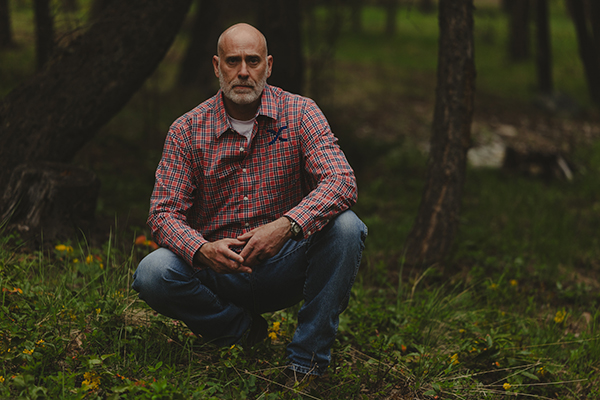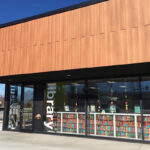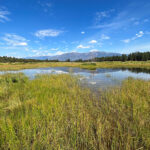Home »

A respectful rebuttal
Response to “The rush to mine B.C. is stealing from future generations”
By Mark Hall
Op-Ed Commentary
I appreciate the concerns raised in the op-ed “The rush to mine B.C. is stealing from future generations,” and I share the belief that environmental stewardship and responsible resource management are vital to British Columbia’s long-term prosperity.
However, I would like to clarify several points that may have been misunderstood or misrepresented in the article, with the hope of fostering a more constructive and collaborative dialogue.
First, the concept of a fish, wildlife, and habitat compensation fund is not new. It was first explored in the 1970s led by residents of the East Kootenay, reflecting a longstanding commitment in B.C. to balance economic development with ecological protection.
It is also important to address the discussion around Bill 15. Contrary to suggestions that this legislation “waives” environmental assessments, both provincial and federal reviewable projects remain subject to rigorous regulatory frameworks. Bill 15 introduces the category of “designated projects”—an approach already familiar in B.C.—and provides clearer guidelines to streamline review processes, particularly for projects that have undergone lengthy prior assessment. It does not eliminate oversight or diminish regulatory scrutiny. Instead, it seeks to improve efficiency while maintaining high standards for environmental protection.
The article also overlooks existing robust compensation and offsetting programs for habitat and wildlife, which are integral to the environmental assessment and permitting processes. Mining companies are already required to implement significant mitigation and restoration measures as conditions of projects and post additional performance bonds. Some mining companies also conduct fish and wildlife research, as well as provide grants and support local conservation initiatives through financial support of local fish and game clubs and other community groups.
Regarding past incidents such as the Mount Polley disaster, it is crucial to recognize that, while tragic, such events do not reflect the intent or standards of the entire mining sector, nor do they negate the hundreds of potential disasters that have been prevented through diligent review processes and inspections in the province.
The Red Chris mine is one of the Golden Triangle mines of which the Tahltan Central Government is a part owner. Tahltan Central Government is a partner in a unique co-government mining review and approval agreement. I am confident that the Tahltan People will not compromise fish, wildlife and habitat integrity through their decision-making processes or cause impacts to values important to Tahltan People or the citizens of the province including employment.
Could things be better in B.C.? Yes, there’s always room to get better in every sector. The global mining industry, and specifically B.C.’s, has made considerable progress in addressing challenges including selenium active water treatment, metal leaching and acid rock drainage, thanks to the expertise and dedication of countless professionals who are committed to ongoing improvement.
Mining remains a key contributor to B.C.’s economy, providing jobs, supporting local communities—including those who hunt, fish, and depend on our backcountry—and generating important tax revenues that fund public goods such as wildlife management.
The industry’s footprint is comparatively small relative to the benefits it provides, and continuous efforts are underway to further minimize impacts and enhance sustainability.
In summary, the conversation about mining in B.C. deserves nuance and mutual respect. If hunters and other backcountry users want to protect wildlife, habitat and ways of life then the process requires collaboration through mutual respect. This is especially true for those in the hunting community.
As a minority resource user who is already under the social magnifying glass, we can ill afford to alienate people through our advocacy for public resource stewardship. Most people engaged in the mining sector are ordinary citizens who deeply value the province’s natural heritage and are working every day to safeguard it for future generations.
Rather than fostering division, I hope we can focus our collective energy on practical solutions and balanced progress for both our environment and our communities.
Mark Hall (pictured above) is the Executive Director of the Wild Origins Canada Foundation & host of the Hunter Conservationist Podcast. Wild Origins Canada is federal not for profit based in B.C. dedicated to conveying the truth around hunting and championing support for sustainable use.







